
Agewise
Fighting the New Ageism in America
Recommendation
Margaret Morganroth Gullette’s intelligent, personal book illuminates biases about aging that probably affect your company, without most of the people who work there being consciously aware of it. Gullette explains the roots of ageism. She provides informative anti-stereotyping statistics; for example, memory problems affect just 20% of those older than 65. Her book also offers suggestions for fighting ageism in the workplace and in society at large, and ideas that will prove useful to those whose work requires planning for demographic changes in the labor pool. Even though her arguments may be densely worded and roam across a wide, not always unified, range, getAbstract recommends Gullette’s impassioned insights to HR managers, hiring managers and executives whose policies and practices must integrate new ideas about aging.
Summary
About the Author
Culture studies expert Margaret Morganroth Gullette, author of Aged by Culture and Declining to Decline, is the resident scholar at Brandeis University’s Women’s Studies Research Center.









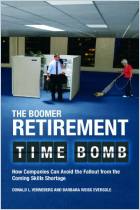
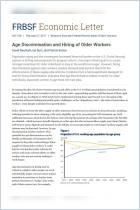
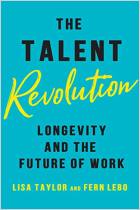
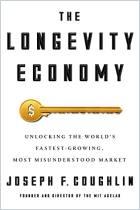

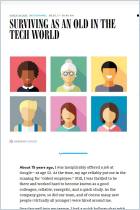





Comment on this summary or Diskussion beginnen